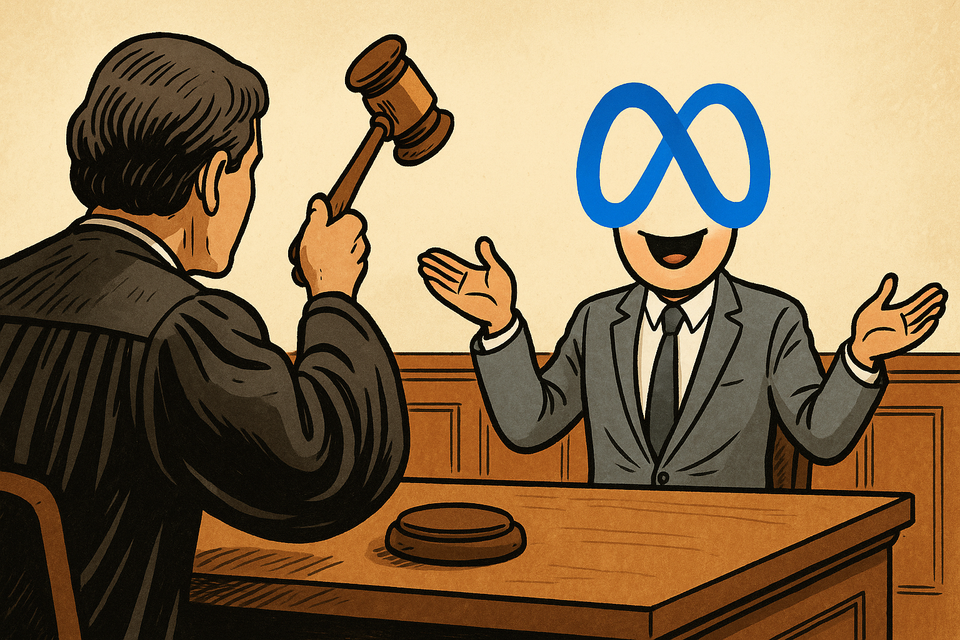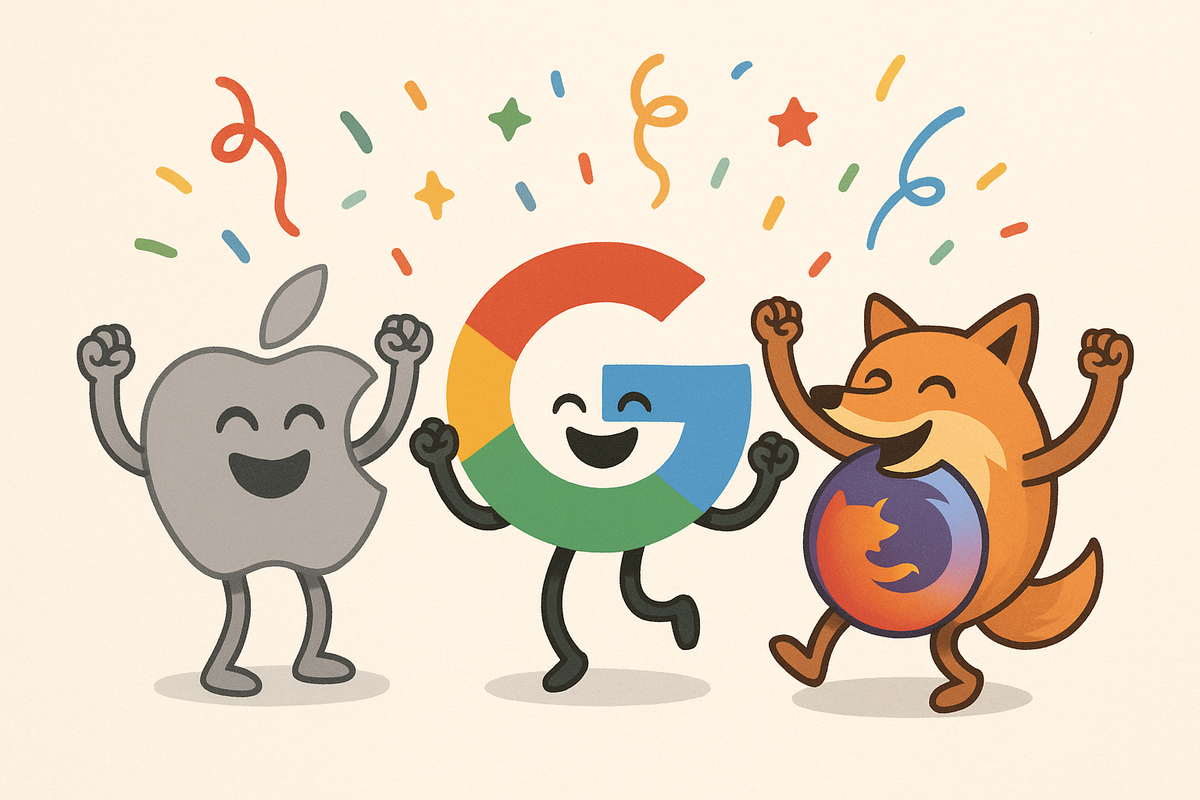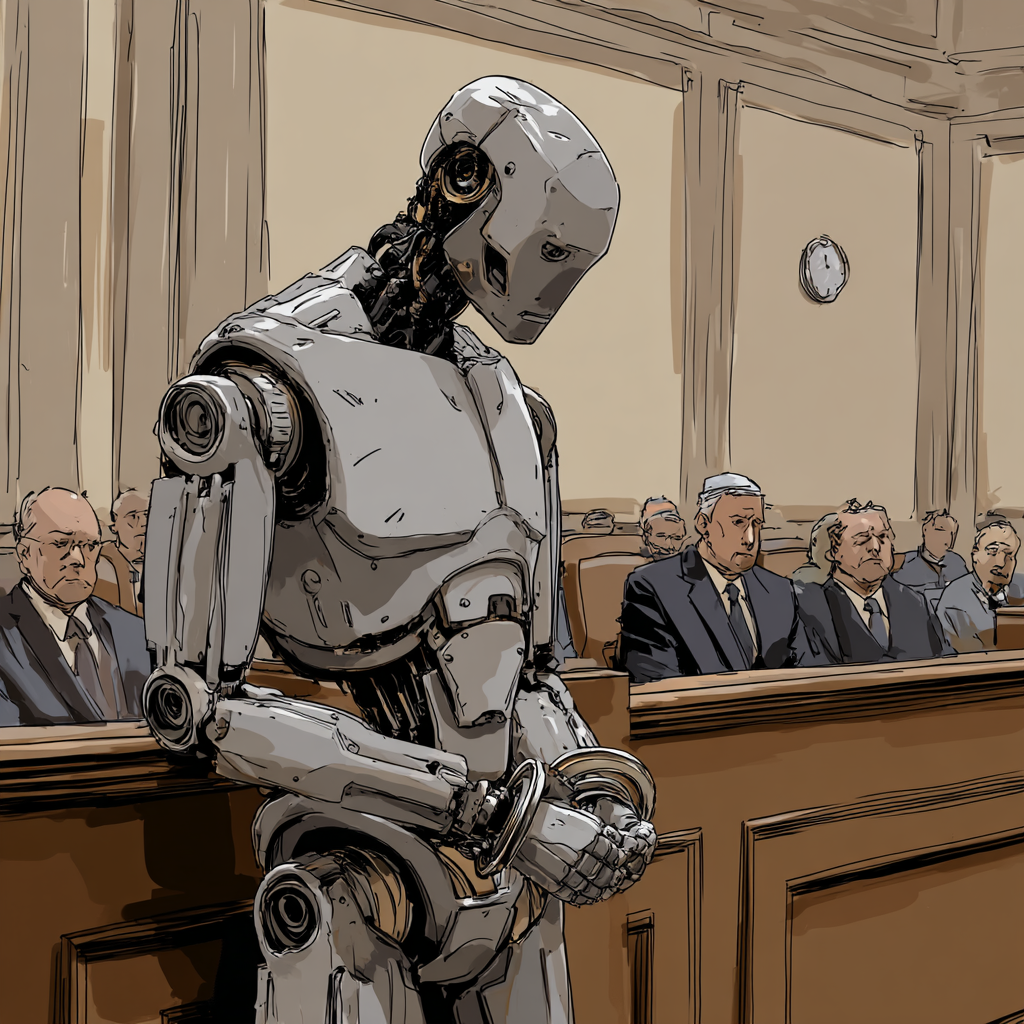Judge Rules FTC Wasted Everyone's Time with Meta Case

My god what a colossal waste of time. Here's Cecilia Kang for The New York Times:
Meta did not break the law when it bought its nascent rivals Instagram and WhatsApp, a federal judge said on Tuesday, handing a major win to the $1.51 trillion company and dealing a blow to the government’s efforts to rein in the power of tech giants.
Judge James E. Boasberg of the U.S. District Court of the District of Columbia said in an 89-page ruling that Meta did not create a monopoly in social networking through the acquisitions and that the market has continued to expand with rivals including TikTok and YouTube. The Federal Trade Commission had sued the company, accusing it of breaking antitrust law by acquiring Instagram and WhatsApp in a “buy or bury” strategy to cement its social networking dominance.
The F.T.C. “continues to insist that Meta competes with the same old rivals it has for the last decade, that the company holds a monopoly among that small set and that it maintained that monopoly through anticompetitive acquisitions,” Judge Boasberg said, adding that the agency needed to prove that argument. “The court’s verdict today determines that the F.T.C. has not done so.”
This case was so obviously going to fail from the get-go – and actually, it did fail from the get-go, but the judge allowed the FTC to rework it and refile it – that it should call into question the government's judgement and competence in going after any such cases.
Even a recent case in which they "won", against Google in Search dominance, they completely and utterly failed to secure remedies that will change much of anything. And they shouldn't have gotten any such remedies, because that entire premise is fatally flawed in the age of modern technology – and the Age of AI, where things are moving faster still, will only make such issues more obvious.
To put it simply and plainly: the government litigates antitrust in hindsight, but by the time they're able to bring these cases forward to trial, the technology at the center of these debates is already in the rearview mirror, making many of the arguments and debates moot. That was the issue with the Google remedies, and that was the problem with this Meta case. I made the longer version of this argument back in April's Antitrust's Hindsight Problem:
If anything, I suspect these cases – as well as the myriad other antitrust cases against Big Tech™ – will ultimately point to how ineffectual current antitrust law is for our modern age (apologies, Lina Khan). But that will likely only be obvious in hindsight, which is interesting because that itself is a big part of the problem with these cases: that they're being litigated with hindsight...
I mean, that's sort of true about *every such case*. You have to go after what is viewed to be problematic elements of the past, obviously. We don't have Minority Report-style pre-crime – yet. But these Big Tech™ antitrust cases in particular seem to look back upon the past with a different set of glasses than how things were viewed in real time. Nowhere is that more evident than in Meta's ongoing antitrust case. The FTC wants the company to sell-off Instagram and WhatsApp, without really acknowledging that the common consensus at the time – in particular with the former – was that the deals were silly ones in which Facebook, as the company was then known, was drastically overpaying.
Essentially, the government is going after Meta for doing deals that are only deemed savvy and anti-competitive in hindsight. It's sort of the opposite of pre-crime! It's making things crimes in the present that were not crimes in the past.
Worse, had the judge ripped WhatsApp and Instagram away from Meta over a decade after those deals closed, it would have certainly had a chilling effect on basically any deal – in a time when most deals are still mainly frozen because all of these companies still have PTSD in dealing with the wrath of Lina Khan. Again, she was largely ineffectual in action, as we're seeing now with cases playing out after her tenure is over, but the government also made getting deals through such a pain in the ass that it literally wasn't worth the time. Remember when they tried to block Meta from buying a VR fitness app? Yeah...1 Talk about waste of time...
So instead, we saw the rise of "hackqusitions". Deals so convoluted and so clearly set up to get around such nonsense (in many cases, less about the fear of being blocked but the fear of how long such deals would take to get through – basically death in the Age of AI).
Speaking of death, I also might point out that if the government had forced Meta to spin out Instagram, it very well could have killed the company. That sounds like hyperbole, but I'm not sure that it is – by most accounts, Instagram is now the main driver of Meta's all-important ad revenue, more so than Facebook itself. Certainly, it would have ensured that Meta had no shot to compete in AI because they wouldn't have the money to do so. Mark Zuckerberg's case to would-be hires that Meta is better positioned for the long term in AI than, say, OpenAI, because they have the profits to pour back into the projects would have been all-but destroyed.
Hard to debate "buy, build, or bury" when you can't buy, build, or bury...2
So does this mean M&A meat is back on the menu, boys? Maybe, but probably not. Again, "hackquisitions" work so much faster than traditional M&A since they're not subject to, well, much of anything aside from an agreement between two parties. So I wouldn't be shocked to see them continue. Unless the government wakes up to that reality. Which they might... in 2045.
That's around when the government might also realize that Meta's real competition here was TikTok and YouTube, you morons. Any child would know that. I mean that very literally! It took one simple, quick experiment to highlight this fact to the judge in this case, as Casey Newton rightly zeroes in on in writing up the verdict today on Platformer. The government? They were too busy on something called 'MeWe', apparently. Maybe we should look into that. Of course, even those undoubtedly won't be the competition by then because,3 well, see: above.
It's like trying to play Whac-A-Mole where the moles are high on amphetamines. And your mallet weighs a thousand pounds.
It's almost as if the government has spent the past 25 years congratulating themselves for the Microsoft antitrust case that they also actually lost in the end, that they're blinded to the reality of how markets actually work in the modern age. And that's really going to screw them in the Age of AI.
With this Meta case, at least we'll always have the discovery documents and testimony here. That was fun, albeit not for Meta. The same will likely be true for Apple and Amazon with their own antitrust cases still making their way to trial. The Apple case in particular also seems awfully weak, so that mixed with the fact that Apple hates to disclose anything about their business (not to mention public embarrassment) might lead to some sort of settlement before that happens. We'll see.
I'll close with my closing from my post about antitrust back in April (a longer excerpt, since it was paywalled):
Now, that is the one part where the government may have a point and a role here. Rather than worrying about the dominance of Google Search, if they were focused on making sure Google doesn't leverage their market position to control the future of AI in an anticompetitive way, that's the correct framing here. And you're starting to hear them talk in such a way. The problem goes back to pre-crime. No one can know for sure that AI will be the key to dominating the future right now. Many believe that, and for good reason, I think. But it's trying to litigate the future.
So yeah, that puts the government in a tricky spot between the past and the future. Still, that future should clearly be the focus versus the past. And so if there's a way to keep an eye on ensuring that a market position isn't leveraged in an anticompetitive way – *while still allowing Google to compete* – that's the angle.
Admittedly, it's a tough needle to thread.
But even without that, it feels like the market is moving in ways right now that are naturally starting to erode what all of these antitrust cases are focused on. The humorously defined social media dominance that Meta enjoys seemingly matters less by the day. And same with Google when it comes to Search. As noted, the ad case against Google is probably the strongest, but it's perhaps also under attack as AI starts to change the way the web actually works – or, at least, is served.
Meanwhile, the cases against Apple and Amazon are yet to begin. But there are already clear issues with the Apple case as well, largely in trying to cram their market position with the iPhone into older antitrust definitions around market dominance. There as well, there's perhaps a case to be made against the App Store in particular as a form of distribution, but it's going to require the DoJ lawyers to yes, think different. About the future, not about the past.
Good luck.







1 Shoutout though for successfully torpedoing the Amazon/iRobot deal – though Europe largely gets the credit for that particular one. We almost fell victim to Big Tech owning Big Vacuum! Instead, iRobot is about to die, having had to lay off nearly everyone. What a win for everyone! ↩
2 Here's where I'll again note the irony that TikTok rose to power largely on the back of Meta's ad platform. It allowed Bytedance to turn the acquired startup Musical.ly into the hit product that Vine should have been, had Twitter not so pathetically fumbled that bag! And now TikTok's success effectively saved Meta here. Funny that. ↩
3 It's still not entirely clear that TikTok will even exist next year, let alone in a decade or two, thanks to the continued bungling of the "deal" to sell the service. ↩







